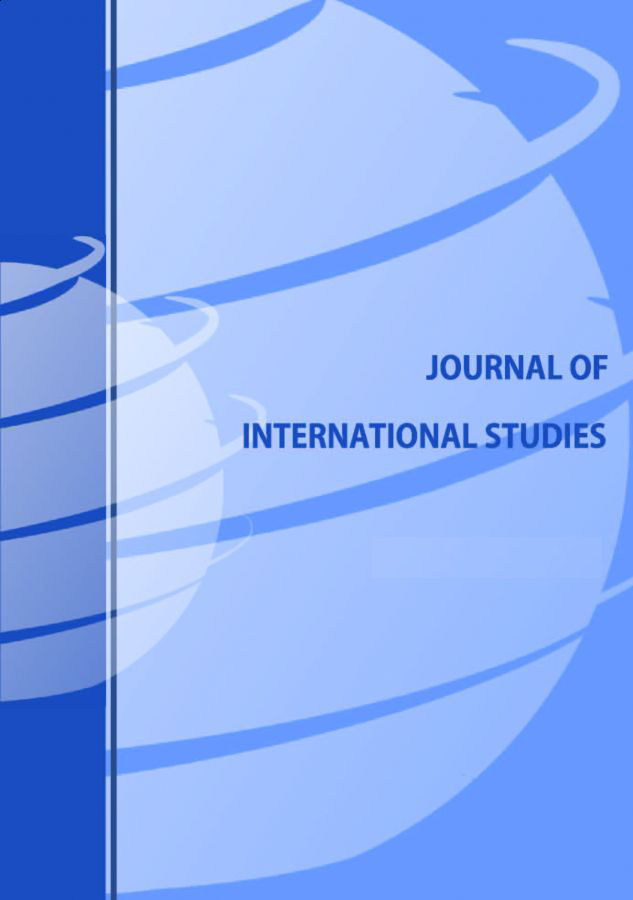ACADEMIC MOBILITY AND FINANCIAL STABILITY: A CASE OF ERASMUS STUDENT EXCHANGE PROGRAM
ACADEMIC MOBILITY AND FINANCIAL STABILITY: A CASE OF ERASMUS STUDENT EXCHANGE PROGRAM
Author(s): Gulbakyt Kabanbayeva, Maria Gureva, Peter Bielik, Grzegorz OstaszSubject(s): Economy, Higher Education , Evaluation research, EU-Approach / EU-Accession / EU-Development, ICT Information and Communications Technologies, Globalization
Published by: Fundacja Centrum Badań Socjologicznych
Keywords: academic mobility; Erasmus program; financial stability; higher education; Optimum Currency Area; intercultural exchange;
Summary/Abstract: Globalization and digitalization have dramatically changed higher education more than any other sphere of social or economic life. Constant flow of information and free access to all possible data, news, and topics, valuable and fake alike, imposed many challenges for the stakeholders in higher education worldwide. Lecturers and students worldwide became closer thanks to the new technologies, yet they also are drifting apart enclosed in single information bubbles. It is surprising that this digital epoch is seeing an increase in academic mobility worldwide. It appears that young people are willing to leave the comfort of their homes and social networks in order to experience the academic life and culture of other countries. It appears that this trend might also have considerable economic impacts on both sending and receiving countries. Our paper investigates the link between academic mobility and financial stability. We focus on the case study of academic exchange Erasmus program funded by the European Union (EU) and its impact on the financial stability of the Eurozone based on the criteria of the Optimum Currency Area (OCA). Our findings suggest that academic mobility indirectly improves financial stability in four fields: First of all, it enhances future labour mobility. Second, it decreases path-dependence and homogenizes policy preferences. Third, it induces more intensive trade relations. And finally, it increases international solidarity which is very important for such multi-national complex projects as the EU.
Journal: Journal of International Studies
- Issue Year: 12/2019
- Issue No: 1
- Page Range: 324-337
- Page Count: 14
- Language: English

